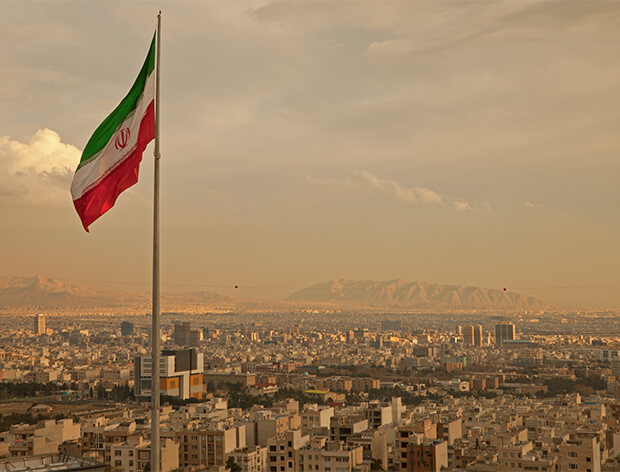US financial crime authorities have warned that Iranian entities are using front companies in Hong Kong and the UAE to ship sanctioned oil to China and launder the proceeds through the international financial system.
In an advisory issued on June 6, the Financial Crimes Enforcement Network (FinCEN) says Iran exports around 1.6 million barrels of petroleum per day, based on April figures. The vast majority is sold to independent refineries in China, known as teapot refineries, it says.
In order to move funds through the financial system despite US sanctions, exporters rely on international “shadow banking” networks and facilitators such as trading companies, exchange houses and offshore front companies, FinCEN says.
Laundered proceeds are then used to fund military activity in Iran, as well as by allied groups in other countries.
The advisory warns that UAE-based general trading companies registered in commercial free trade zones are “commonly used as front companies by Iranian actors”.
It adds that trading companies outside Iran, but often located nearby, access the US financial system via regional banks that have correspondent banking relationships with US financial institutions.
It says that “a general trading company registered in a commercial free trade zone in the UAE with opaque ownership and whose trading counterparties are companies mostly located in Singapore and Hong Kong has bank accounts at multiple UAE financial institutions” should be considered a red flag.
FinCEN also warns about the use of Hong Kong-based companies that bank with Chinese financial institutions but use non-resident accounts.
Non-resident accounts are a legitimate financial product allowing Hong Kong companies to trade while remaining exempt from China’s currency controls, says US sanctions expert David Tannenbaum, director at Blackstone Compliance Services and a former compliance specialist at the US Office of Foreign Assets Control (OFAC).
However, Tannenbaum, who is also a partner at Pole Star Global, says he has seen examples of front companies in Hong Kong “abusing this account type to move money”.
“They are easily identifiable by banks because the account number is usually prefaced by ‘NRA’,” he tells GTR, adding he usually advises clients to examine payments involving such accounts if another red flag is present.
The latest advisory is the first time US authorities have explicitly warned about the use of non-resident accounts in sanctions evasion.
FinCEN urges companies to be wary of Hong Kong companies with little or no web presence that use non-resident accounts, yet transmit large payments to UAE general trading companies.
Tannenbaum adds the FinCEN advisory echoes a client notice sent by Blackstone and Pole Star Global in October last year. That notice, seen by GTR, splits Iranian oil exports into three legs.
The first is usually a transaction between general trading companies or freight forwarders in the UAE, the second involves an intermediary in a shell jurisdiction and a front company in Hong Kong, and the third is a sale to the ultimate buyer, it says.
In terms of trade documentation, the FinCEN advisory says Iranian oil is often mislabelled as “Malaysian blend”.
Malaysia is a hub for blending Iranian and other crude, and also serves as a hub for ship-to-ship transfers, Tannenbaum says.
“We recommend reviewing any vessels engaged in ship-to-ship operations when presented with Malaysian crude,” he says.
The advisory was issued alongside an enforcement action by OFAC. The authority, which sits within the US Department of the Treasury, accuses two Iranian individuals of helping sanctioned officials receive payments from the sale of petroleum to overseas buyers.
The duo, brothers Mansour and Nasser Zarringhalam, are accused of overseeing “a sprawling network of front companies, largely operating out of the UAE and Hong Kong”, using accounts at various banks and in multiple currencies.
US sanctions authorities have frequently targeted overseas entities for allegedly facilitating trade in Iranian oil, including a February enforcement action targeting companies in China, Hong Kong, India and the UAE.







